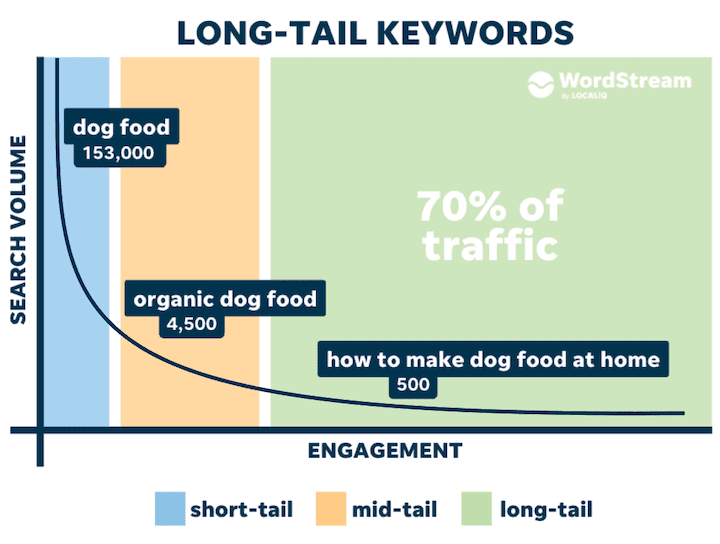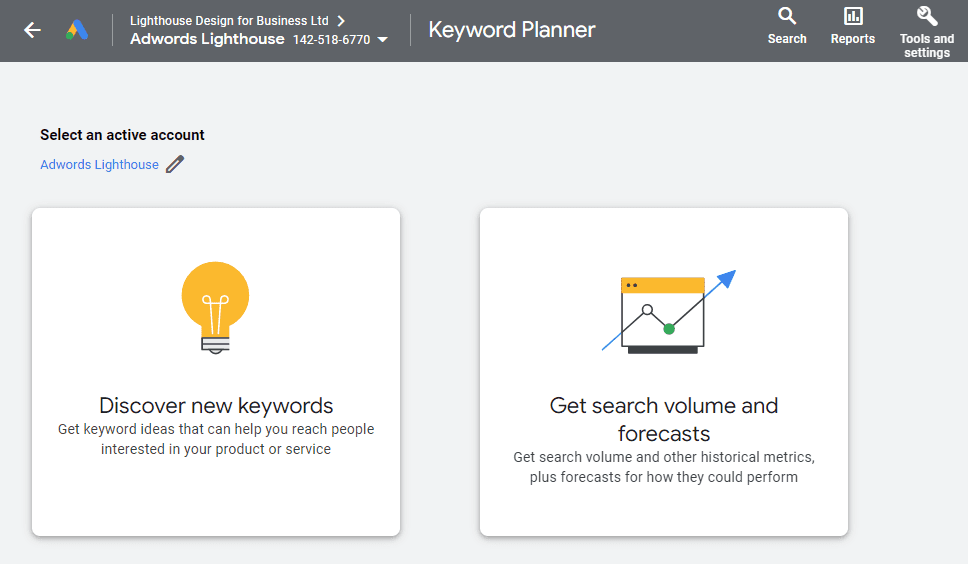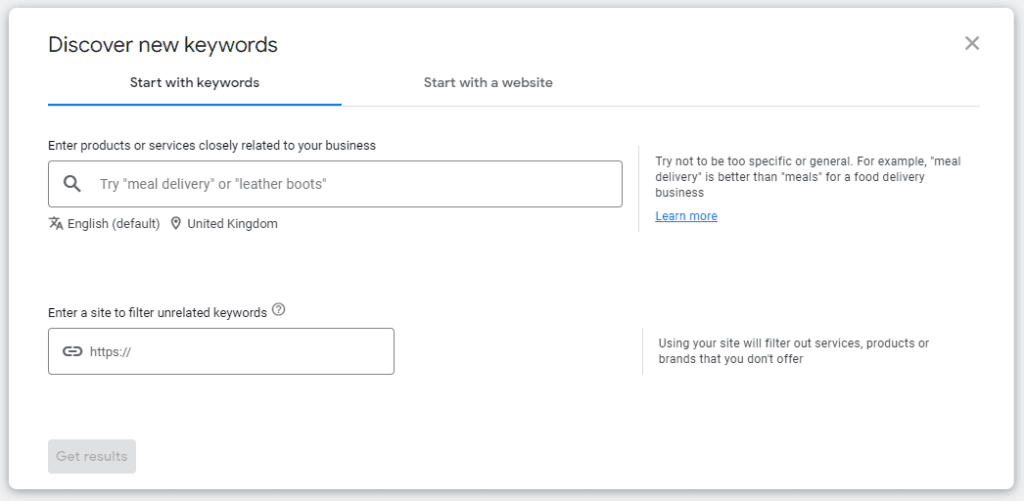Finding Long-tail keywords
Low-hanging keywords are those that are relatively easy to rank for due to their low search volume and competition. These keywords are often “long-tail keywords” that are more specific than the more popular terms and have a higher likelihood of being found by the search engine. Examples of low-hanging keywords are “tips for managing a home office” or “how to create a relaxing work environment”. By focusing on these keywords, you can increase your SEO rankings without having to compete with more popular phrases.

Creating a Keyword strategy
Here’s a step-by-step guide for researching low-hanging or easy-to-rank keywords for membership businesses:
Brainstorm Keyword ideas
Before diving into keyword research tools, start by brainstorming a list of relevant topics, themes, and questions that your target audience may be searching for. Think about the products or services your membership business offers, the problems you solve, and the benefits you provide to members. Consider the language and terminology your audience uses, and make note of any unique features or niche areas that set your business apart.
Using a keyword research tool
Once you have a list of topics and themes, use keyword research tools to find related keywords that have low competition and high search volume. Some popular tools include Google Keyword Planner, SEMrush, Ahrefs, and Moz Keyword Explorer. Enter your brainstormed topics and themes into the tool, and look for related keywords with low competition (indicated by a low difficulty score) and moderate to high search volume. These keywords are likely to be low-hanging or easy-to-rank opportunities.
In this Quick Win we will look at Google Ads keyword research tool:
How to use the Google Ad Keyword tool
Here’s a step-by-step guide on how to use the Google Ad Keyword tool to find low hanging or easy to rank keywords for association membership businesses:
Sign in to your Google Ad account
Sign in to your Google Ad account and navigate to the Keyword Planner tool.

Click on “Discover new keywords”.
In the “Start with keywords” section, enter a few broad keywords related to your association membership business.
Click “Get results”.
Alternatively click the “Start with website” section and enter the URI of your website.

Choosing Keywords for SEO
Review the list of keywords generated by the tool. Look for keywords that are specific to your niche and have a low competition level. These keywords are likely to be “low hanging” or easy to rank for in your content marketing.
Click on the “Keyword Ideas” tab to see more detailed information about each keyword, including the estimated monthly search volume, competition level, and suggested bid.
Advanced Keyword SEO
Select a few low competition keywords that are relevant to your association membership business and add them to your list of targeted keywords for your content marketing strategy.
Try to focus on long-tail keywords, which are more specific and targeted than broad keywords. This will help you attract a more qualified audience to your content. Consider using geographic modifiers in your keywords to target local audiences.
Use the “Add to Plan” feature in the Keyword Planner to save your selected keywords and get more detailed data about their performance over time.
Pro tip to find “low-hanging” keywords for SEO
Analyse search intent: Once you have a list of potential keywords, analyse the search intent behind each one. This means understanding the reason why someone might search for that keyword and what they are looking for. Are they looking for information, products, services, or something else? Understanding search intent can help you create content that better matches the needs of your target audience and increase your chances of ranking for those keywords.
Remember that keyword research is just one part of a successful content marketing strategy. Be sure to also create high-quality, relevant content that addresses the needs and interests of your target audience.